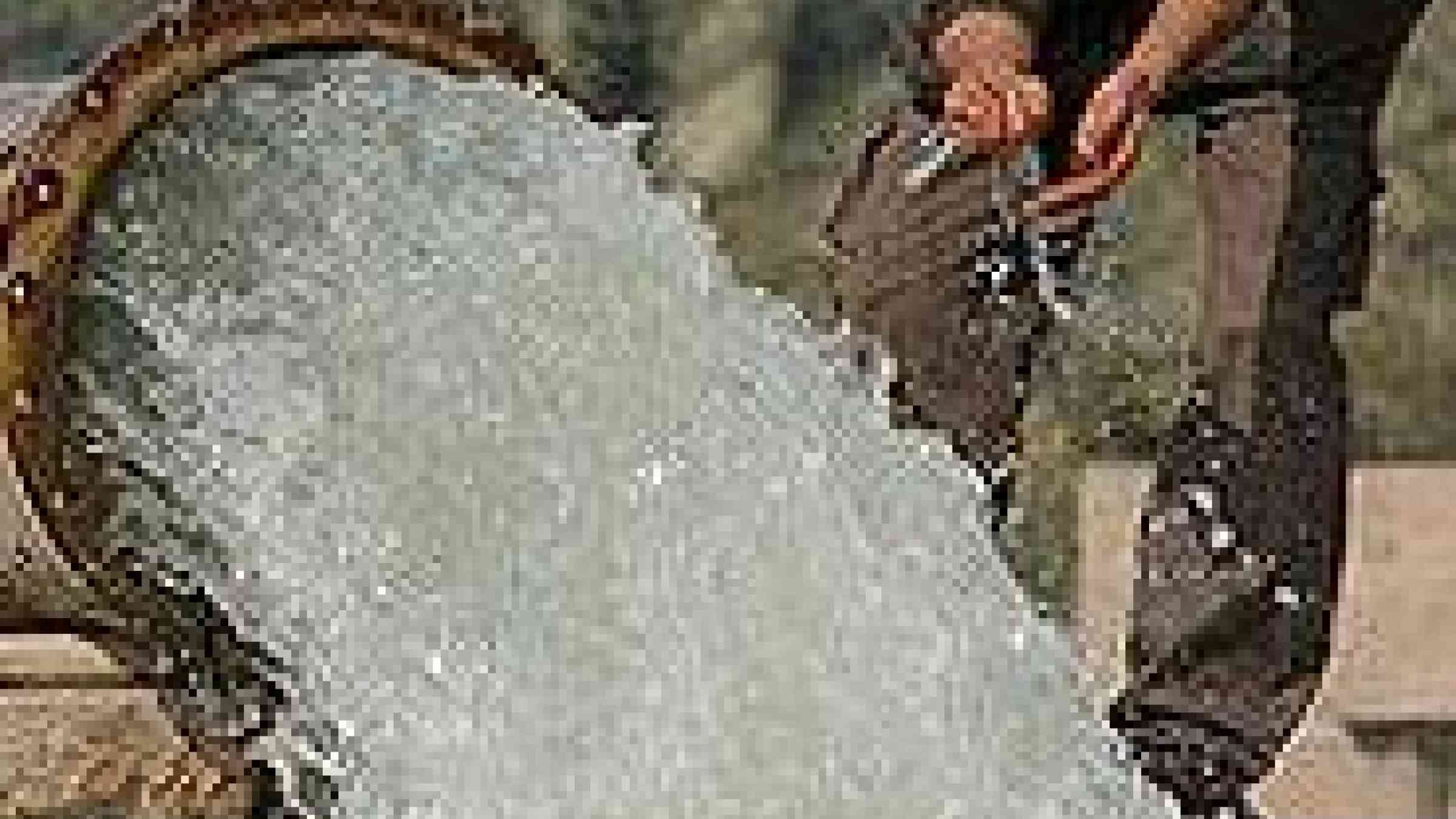Maplecroft index identifies Bahrain, Qatar, Kuwait and Saudi Arabia as world’s most water stressed countries

Maplecroft press release
The Water Stress Index, released by risk analysis and mapping firm Maplecroft, pinpoints areas of water stress down to 10km² worldwide by calculating the ratio of domestic, industrial and agricultural water consumption, against renewable supplies of water from precipitation, rivers and groundwater. It has been developed for companies to identify risk of water interruptions to supply chains, operations and investments.
The index, which is accompanied by an interactive sub-national map, rates 17 countries as ‘extreme risk,’ with the Middle East and North African (MENA) nations of Bahrain (1), Qatar (20, Kuwait (3) Saudi Arabia (4) Libya (5), Western Sahara (6), Yemen (7), Israel (8), Djibouti (9) and Jordan (10) topping the ranking.
Maplecroft’s research highlights current and future water availability as one of the foremost global challenges. The company states that the dual drivers of climate change and population growth will combine to squeeze water resources and affect the food security of governments across the world, regardless of how water secure they may be today.
Aside from the MENA region, water stress is a major issue for the large emerging economies, including India (30) and South Korea (36), which are both categorised as ‘high risk’ countries in the index and China (56), rated ‘medium risk.’ Water shortages in these countries have the potential to constrain economic development and create social unrest if dwindling resources result in higher prices and limited access for their populations.
“As a means of offsetting shortfalls, India, South Korea and China, along with the oil rich Gulf states, are acquiring water rich land for agricultural purposes in developing countries to ensure the security of food supplies and decouple themselves from volatility in global food prices,” says Maplecroft Analyst Tom Styles. “This recent phenomenon, dubbed ‘land grab,’ is taking place on a huge scale across many countries in Africa, especially those involved in post conflict reconstruction with poor development.”
In the conflict torn Democratic Republic of Congo alone, China has a contract to grow 2.8m hectares of palm oil, whilst in the last year in Sudan companies from South Korea purchased 700,000 hectares and the UAE (20) 750,000 hectares. Both DRC (169) and Sudan (93) are rated ‘low risk’ for water stress in the index, but at the sub-national level, as shown by Maplecroft’s interactive map of the index, extreme variations exist. Sudan for instance has significant water resources in the Sudd region, the world’s largest swamplands, whereas water is scarce around major population centres. In the emerging nation of South Sudan, the water-rich end of Sudan, over one tenth of the land has been leased this year.
One of the most controversial ‘land grabs’ has been seen in Kenya (91), which Maplecroft also rates as ‘low risk.’ Following a 2008 deal, Qatar will provide funds for construction of a Kenyan deep-water port in exchange for 40,000 hectares of prime agricultural land on which to grow food for the Qatari market. This deal was struck while the Kenyan government was declaring a state of emergency due to domestic food shortages: a situation tough to remedy without the use of its most fertile floodplains.
Deals like this, while prompted by the laudable aim of ensuring food security of the growing population of the home state, can negatively impact on human rights of local communities in project hosting states, such as the right to water, food, adequate housing and the right to gain a living by agricultural work. The impacts of climate change, including increases in global temperatures and changes in rainfall patterns, may also mean that countries that are rated as ‘low risk’ for water stress now may not be so in the future. Therefore, contracts signed between countries now, will not seem so appealing should water resources deplete.
“Exporting water stress via ‘land grab’ has significant implications for companies involved in administering agricultural projects in foreign lands,” says Principal Environmental Analyst at Maplecroft, Kimberlee Myers. “Firstly, if a business is seen to be overusing water supplies to the detriment of the local population it is likely to incur significant reputational damage. Secondly, if water rights are poorly administered this can lead to absolute water shortages, which can interrupt, constrain or prevent normal business operations.”
However, while typically fraught with controversy, the process of strategic land acquisition by foreign entities can serve to benefit the local population through contractual obligations and necessary follow through by the investor and the local government. For example, in Ethiopia (68) which is rated ‘medium risk’ in the index, contracts drawn up with Saudi Star Agricultural Investment Plc. limits the volume of agricultural output to be exported to only 60% of the total harvest, with 40% flagged for domestic supply. Other contractual options open to land holders in negotiations include requiring the investor to prioritise the right to water of local communities over company uses of water.
For more information contact:
Jason McGeown
Head of Communications
t: +44 (0) 1225 420000
e: [email protected]
w: www.maplecroft.com
About Maplecroft
Maplecroft is a leading source of global risks analysis. We research, index and map over 500 risks and issues to identify exposures and opportunities in both countries and companies. Our products and services are a vital resource for businesses and investors requiring analysis and insight into complex political, economic, social and environmental risks.
Winner: “Risk Management Product of the Year” - StrategicRISK, 2010 European Risk Management Awards
Winner: “Best ESG Research House UK” - 2010 World Finance Awards
Winner: "Environmental Risk Initiative of the Year" - Risk Management Awards 2010
Winner: GRI / ING “Big Five” 2010 - Global Reporting Initiative / ING